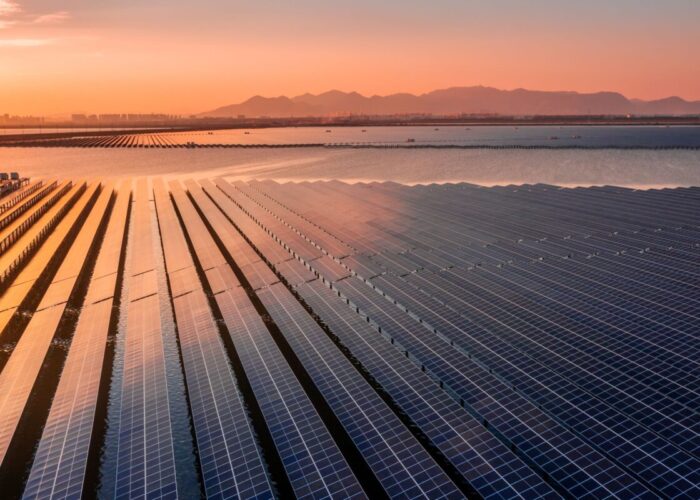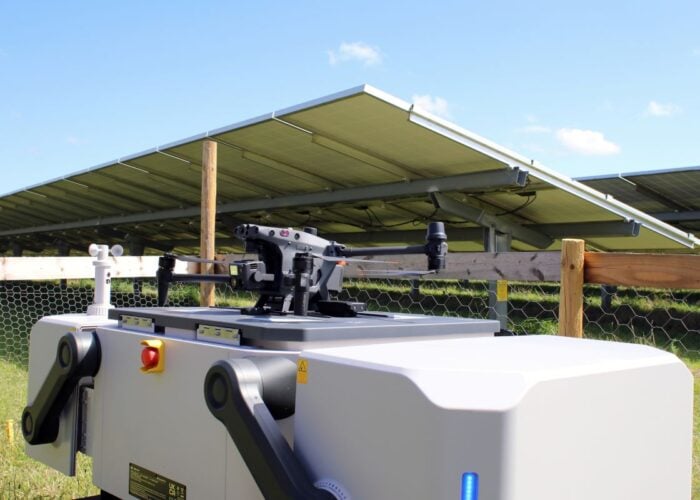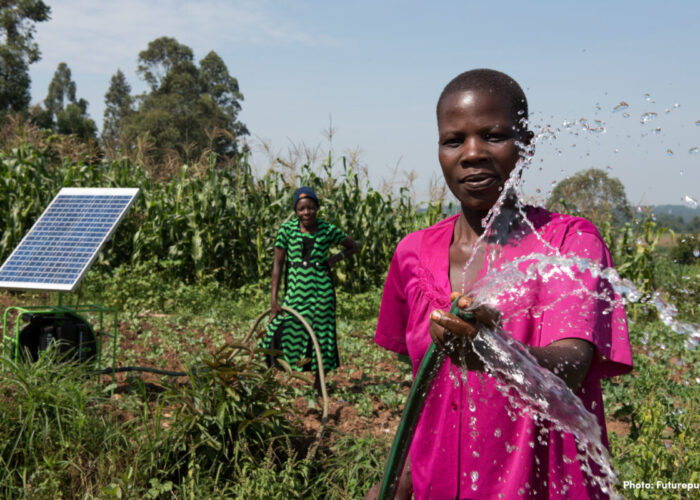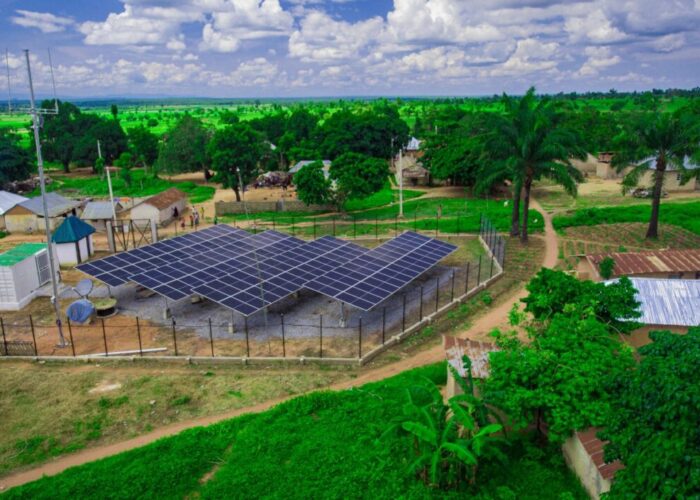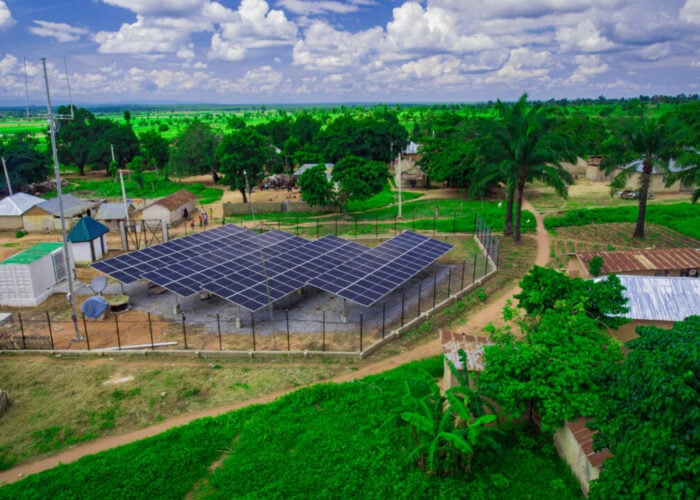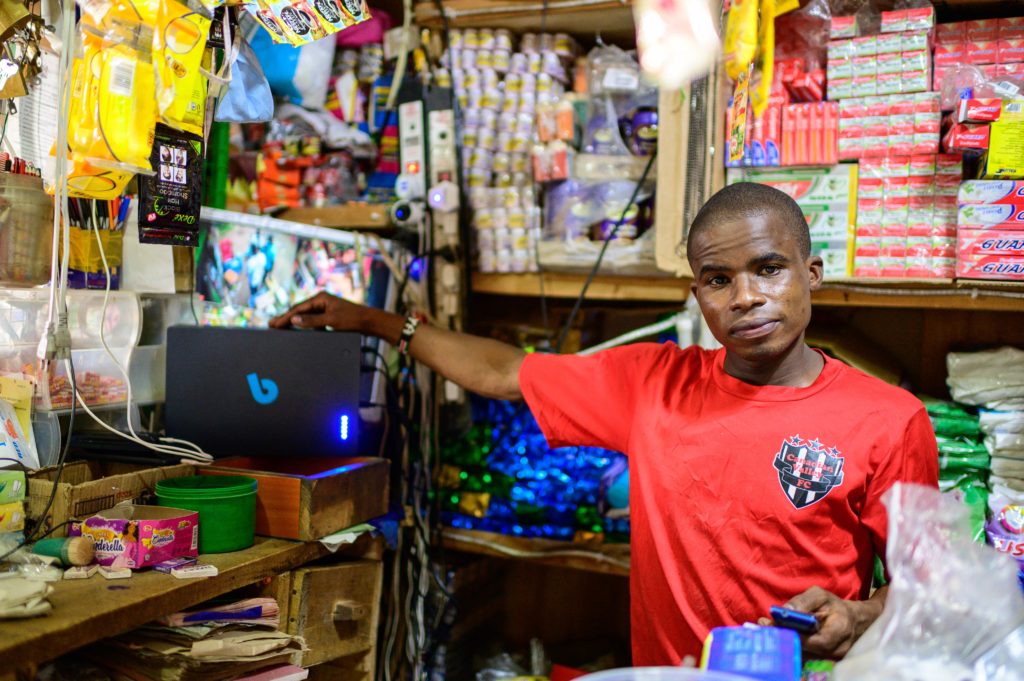
Access to off-grid electricity should be seen as a key mechanism to drive rural development and improve economic wellbeing and living standards in Sub-Saharan Africa (SSA), according to a new report by University College London’s (UCL) Engineering for International Development Centre and off-grid, pay-as-you go solar company BBOXX.
Entitled Off-Grid Energy and Economic Prosperity, the report highlights the need for governments and policymakers to prioritise off-gird solar as a means to sustainable economic development. Currently, more than 550 million people in SSA live without access to electricity, with the region having an electrification rate of just 47%, the lowest in the world. The pandemic has not only hamstrung efforts to improve on this figure but has also damaged regional economies’ growth rates.
Unlock unlimited access for 12 whole months of distinctive global analysis
Photovoltaics International is now included.
- Regular insight and analysis of the industry’s biggest developments
- In-depth interviews with the industry’s leading figures
- Unlimited digital access to the PV Tech Power journal catalogue
- Unlimited digital access to the Photovoltaics International journal catalogue
- Access to more than 1,000 technical papers
- Discounts on Solar Media’s portfolio of events, in-person and virtual
Moving forward, off-grid electrification plays a vital role in extending electricity access to rural communities, improving economic resilience and recovering from the pandemic, said the report. It does so by reaching end users in remote locations, providing cost effective electrification options and supporting education and health services. The report referenced off-grid projects in Kenya, Mozambique, Rwanda, Tanzania and Uganda, which have increased monthly incomes by US$35, more than half the average monthly GDP per capita, as an example of the potential of such systems.
It further underscored the relationship between off-grid solutions and economic growth, showing how off-grid electricity access can boost household income while reducing expenditure, generate employment across the entire value chain, trigger rural development by overcoming affordability hurdles and instill financial confidence through improved financial literacy and credit history.
The report makes three recommendations to governments looking to drive economic growth and resilience in the region through off-grid solutions:
- Focus on investment in the off-grid energy sector by designing supportive policy environments to ensure consumers struggling are met with leniency in bill payments or a reduction in energy costs. Subsidies and incentives for renewables are essential here.
- Develop policies that go beyond simply lighting homes and appliances, and instead focus on using electricity for commercial, agricultural or industrial activities. This can strengthen local value chains, diversify livelihoods and reduce vulnerability to external shocks.
- Create gender inclusive energy policies and incorporate women’s experiences into policymaking and project planning. Policies should focus on enhancing financial inclusion and access to productive economic activities to foster more inclusive economic growth.
“We have found extensive evidence of the irrefutable link between greater access to solar energy in off-grid communities in SSA and economic development and prosperity,” said Priti Parikh, associate professor at UCL and co-author of the report. “It is now vital that policies are developed and implemented on a local, national and inter-governmental level to ensure that off-grid solar energy remains front and centre.”
There is growing recognition that off-grid solutions have the potential to unlock growth in SSA, with utility giant EDF buying into BBOXX’s operations in Kenya and Togo over the past few years.

